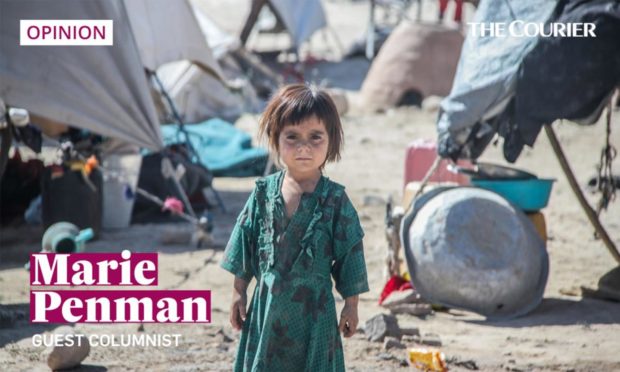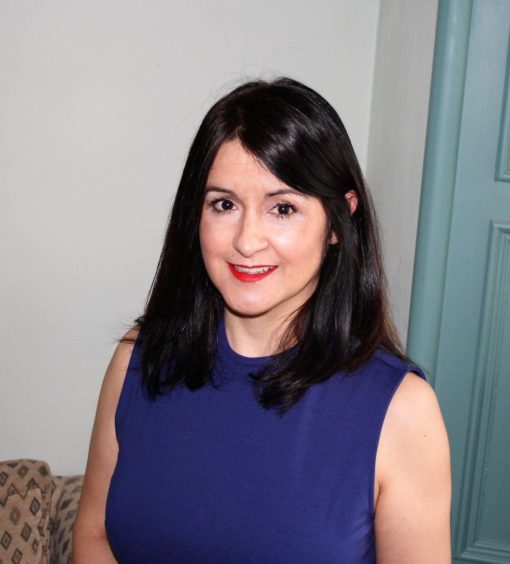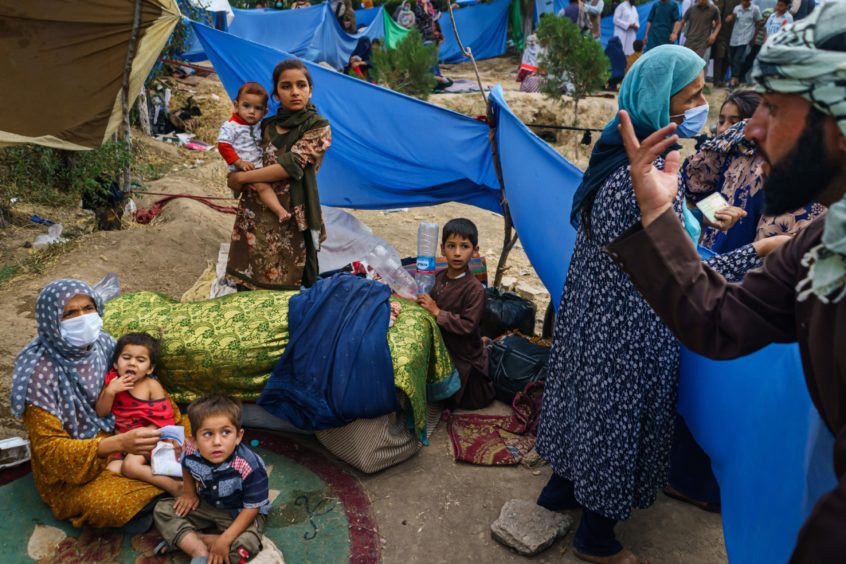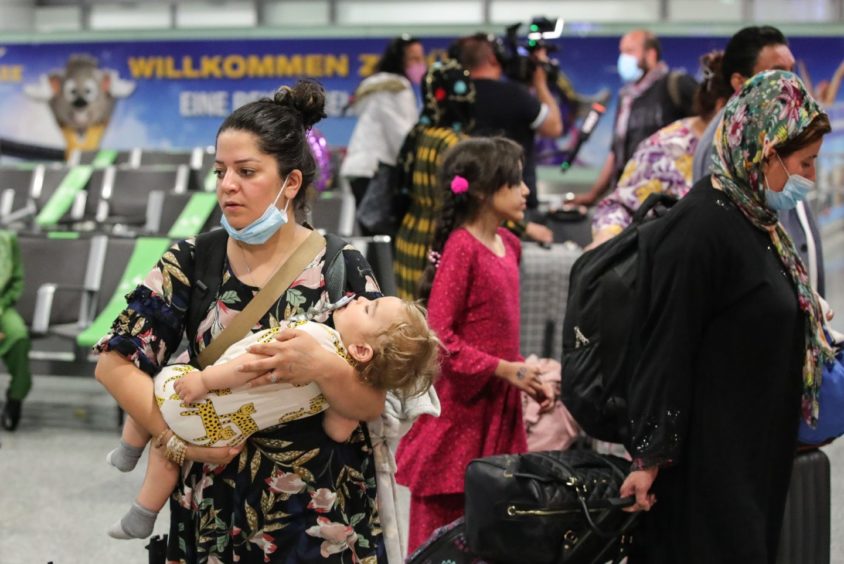Human beings, like most animals, are born with a survival instinct, meaning they do what is necessary for self-preservation.
This “fight or flight” reaction is triggered when a situation is perceived as a threat to their existence. Like war, for example. Or famine. Or torture.
Unless you have experienced extreme threats like these, it’s hard to know what your personal response would be.
Would you flee your homeland? Get in an unsafe boat crossing treacherous waters? Hang on to the outside of a plane in the hope of being carried to safety?
As the tragic situation in Afghanistan unfolds, with the Taliban retaking control just days after the US and UK left the country they had been occupying for 20 years, thousands of Afghan citizens have done what any sensible person would do and tried to get out.
Scenes of panic and chaos played out at the airport in Kabul as crowds of people desperate to escape Afghanistan rushed onto the tarmac.
Some clung to the sides of planes, even as one taxied down the runway, in a bid to flee the Taliban.https://t.co/pAgoGW7tos pic.twitter.com/4YGQd2iEzk
— The New York Times (@nytimes) August 16, 2021
This has triggered a new refugee crisis worldwide, and much hand-wringing here.
Critics claim refugees will flood our small, overcrowded island.
Except it’s not a small island, or overcrowded.
Britain is the ninth-largest island in the world. Only 12% of its land mass is actually built on.
Vast parts of the country are empty, with many small towns and villages actively seeking re-population as their schools and libraries close due to lack of numbers.
Despite this, and ignoring the fact that much of the current crisis in Afghanistan was triggered by UK foreign policy, our government has announced it will allow just 20,000 Afghan refugees into this country over the next five years, with 5,000 in the first year.
Refugee crisis is personal
I watch this situation with interest.
Six years ago, when the civil war in Syria was escalating, I helped set up a refugee support group in Fife.
We welcomed Syrian refugees into the area and helped them settle here.
Fife ended up taking in approximately 140 Syrian refugees and I worked with quite a few of them.
They were all hugely grateful to be in a safe country and are now happy and settled in the local communities.
They still dream of returning to Syria, though.
That’s a thing lots of people don’t understand. Refugees don’t want to leave their homes. They are forced to.
How would you feel if you had to leave everything behind to go and live thousands of miles away in a foreign country where nobody speaks your language and many locals resent you?
Refugees as political pawns
Our home secretary, herself the child of refugees, seems quite proud of the “hostile environment” she has helped create in the UK.
Sources recently suggested the Home Office was reluctant to offer asylum to too many Afghans “because of the message it would send to other refugees”.
Take even the briefest of glances at social media these days and you’ll find countless posts about why we shouldn’t be helping those fleeing Afghanistan.
‘We can’t afford to look after our own – what about ex-servicemen and homeless people?’
Actually, we can afford to look after our own – it’s just that this government chooses not to.
The UK is the sixth richest economy in the world but continually cuts spending on benefits and social housing.
This has nothing to do with refugees. If you want someone to blame, look to Downing Street.
It’s reported the Home Office doesn’t want to give asylum to Afghans fleeing violence “because of the message it will send to other refugees”. @PritiPatel’s sheer cruelty & inhumanity is astonishing, especially given Britain’s key role in creating this crisis.
— Zarah Sultana MP (@zarahsultana) August 14, 2021
‘There aren’t enough houses to put all the refugees in.’
Not true. In fact, the UK currently has more than 200,000 vacant homes, many of them council properties in poor condition or in undesirable areas.
Locals don’t want to live in them, but refugees pretty much take anywhere they’re offered.
‘They’re just coming here for the benefits.’
Asylum seekers aren’t entitled to claim benefits. They are allocated a government payment of £39.63 per person per week, with an extra £3 for children under the age of three.
Could you survive on this? I know I couldn’t.
The truth about jobs and geography
‘The UK has already taken more than its fair share of refugees.’
No, it really hasn’t. Developing countries host over 86% of the world’s refugees. That’s just about geography – those fleeing war zones and famine mainly stop in the first safe country they reach, despite the conditions there.
Pakistan took in 1.4m Afghan refugees last year; Iran took in 780,000; Germany 148,000. The UK accepted just over 9,000.
‘They’ll steal our jobs.’
Asylum seekers aren’t legally allowed to work in the UK.
The Syrians who came to Fife were often highly-educated, highly-skilled workers – teachers, engineers, chefs, nurses. The laws in this country prevented them from working.
Which is a pity, as the UK has lost 1.3m foreign workers since 2019, leaving a huge shortage of skilled labour.
According to the UN, the practice of granting asylum to people fleeing persecution in foreign lands is “one of the earliest hallmarks of civilisation”.
I hope we have it in us to be more civilised and open our arms to the victims fleeing Afghanistan.
Because becoming a refugee isn’t a lifestyle choice. It’s survival instinct at its most basic. It’s about getting as far away from danger as possible.
And faced with death, torture and starvation, I guarantee we’d all do the same.
Marie Penman is a journalist and former lecturer in journalism at Fife College.



